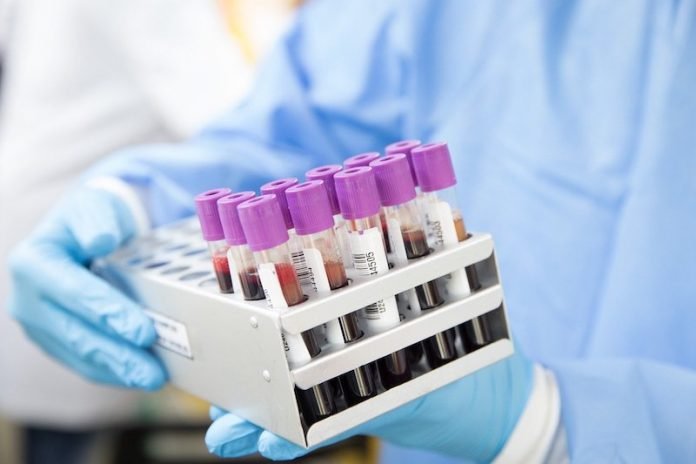
In a new study from Harvard, researchers found people over age 65 at the highest risk for severe COVID-19 have often been the least likely to receive monoclonal antibodies (mAbs)—a highly effective treatment for the disease—both across and within U.S. states.
Monoclonal antibodies are very effective at treating mild to moderate COVID-19 infection among non-hospitalized patients. But during the pandemic, mAbs have been in short supply.
Federal guidelines prioritize patients at higher risk of being hospitalized or dying from COVID-19, including older people and those with chronic conditions.
In the study, the team aimed to know how the limited supply of mAb therapy was allocated to patients at highest risk for severe disease.
They looked at data from more than 1.9 million Medicare beneficiaries who had been diagnosed with COVID-19 between November 2020 and August 2021.
They found that, among Medicare beneficiaries who weren’t hospitalized or who didn’t pass away within seven days of their diagnosis, only 7.2% received mAb therapy.
The likelihood of receiving mAbs was higher among those with fewer chronic conditions.
In addition, there were significant differences among states when it came to mAb treatment.
The team says monoclonal antibodies should first go to patients at the highest risk of death from COVID-19, but the opposite happened—the healthiest patients were the most likely to get treatment.
Speculating as to why mAb therapy often failed to reach the highest-risk COVID-19 patients, the researchers said it’s possible that higher-risk patients may have had difficulty navigating the multiple steps needed to receive mAbs, from receiving a timely diagnosis to referral and scheduling an infusion within 10 days.
As for differences among states, they suggested that mAb supply may have been low or less used by clinicians in some regions of the U.S.
If you care about COVID, please read studies that COVID-19 vaccines need to be shored up with a plant-based diet, and scientists find new antibody treatment for COVID-19.
For more information about health, please see recent studies that without masks, two meters distancing is not enough, and results showing that two-drug combo could fight COVID-19 effectively.
The study is published in JAMA and was conducted by Michael Barnett et al.
Copyright © 2022 Knowridge Science Report. All rights reserved.



